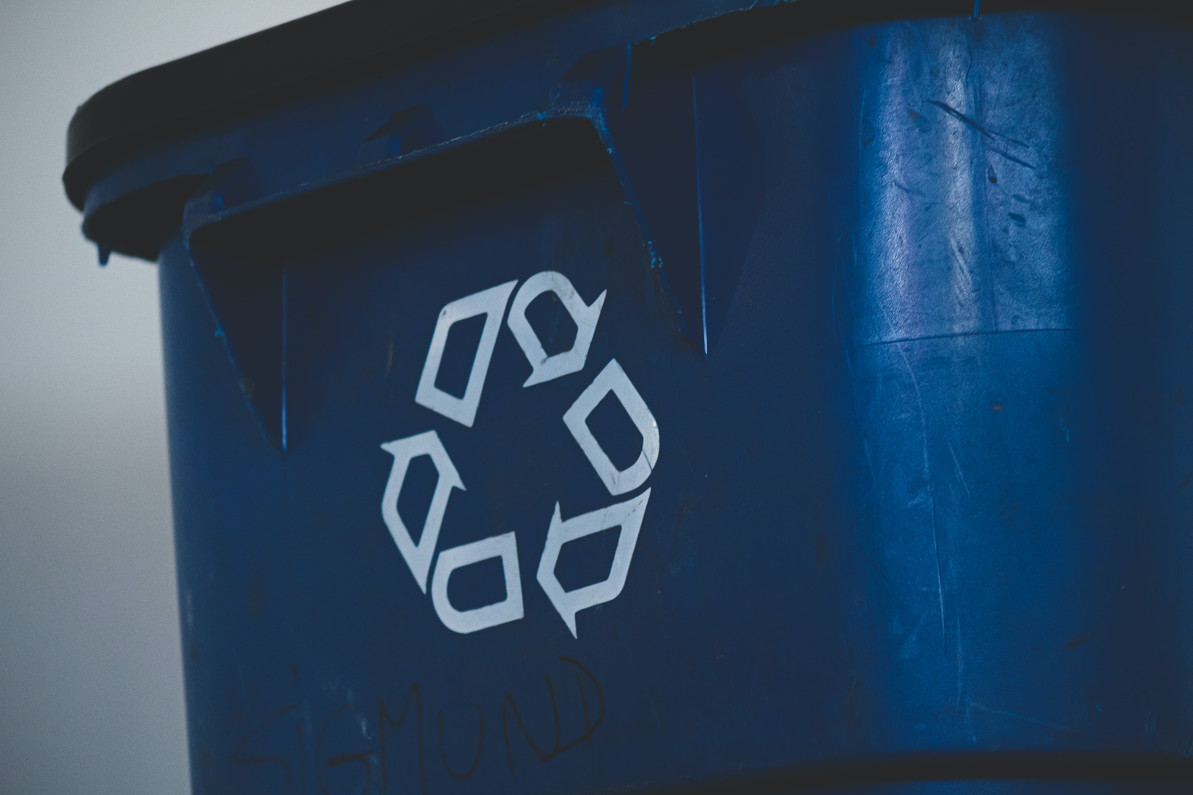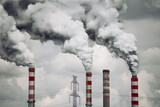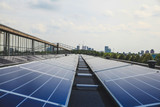Recycling Basics, Tips, & Tricks
What do the numbers in the triangle mean & which are recyclable?
- 01 is PET or Polyethylene Terephthalate, mostly in single-use plastics like soda or water bottles. It is hard to clean properly and is not suggested to reuse often, but can be recycled!
- 02 is HDPE or High-Density Polyethylene, used in things like milk bottles or detergent bottles, and generally is recyclable!
- 03 is V/PVC or Vinyl/Polyvinyl Chloride and is used to make juice bottles, cling films, or piping, and does have some known negative health effects. It is often not recyclable but some recycling centers accept them so you should check locally.
- 04 or LDPE /Low-Density Polyethylene can be found in things like squeezable bottles or shopping bags and are typically not recyclable unless at specifically marked locations.
- 05, PP or Polypropylene examples include yogurt containers, straws, or disposable cups and plates, and is often not recyclable but some recycling centers accept them so you should check locally.
- 06 is PS or Polystyrene and is used for products like foam egg cartons, packing peanuts, or takeout containers, and are thought to have some serious health effects. They are not typically recyclable and are being phased out or banned in many places.
- 07 is O for Other, often Polycarbonate or Acrylonitrile Butadiene Styrene (ABS), which can be found in baby milk bottles or electronic casings, and may also have some negative health effects & are generally not recyclable.
Tips & Tricks:
- Do not bag your recycling! Unless told otherwise, or it just consists of shredded paper
- It's better to be safe than sorry. If you're not sure if it can be recycled or can't find a number, opt for donating, reusing, upcycling, or just throwing it in the trash before you taint your other recyclables (known as "wishcycling")
- Wash or rinse & dry your recyclables (I just leave mine in the drying rack for a few hours) before throwing them in the bin
- Cardboard and paper are safe to recycle as long as they're pure (no tape, sticky residue, plastic envelope windows, etc)
- Most labels & caps on drink bottles can be recycled nowadays, and often will say so on them, but make sure to keep them on the bottles and throw away if you're not sure!
- It is probably safer to just throw away metal bottle caps as they shouldn't be recycled with the glass bottles but are too small to be on their own
- Metal cans should not be crushed as they're often harder to detect and sort that way
- Aluminum foil can be recycled as long as it's clean from food residue, as well as the clean tops of pizza boxes
Things to keep out of your recycling bin:
- Batteries, grocery bags, and electronics although you may be able to find special drop off locations for these items
- Disposable cups/plates/cutlery, greasy pizza boxes, or broken glass
- Anything larger than a credit card (it can get stuck in the machines and be difficult to process)
- Anything wet, greasy, or with food residue (it will attract bacteria, mold, or bugs and can contaminate the entire bunch of recyclables)
- Most paper gift wrap is laminated and cannot be recycled, but you can buy some recyclable or compostable versions!
Jan 24th 2023
Recent Posts
-
Air Quality Conundrum in Delhi and the Challenges of Environmental Science
The headline of a story published on CBS news on November 14th of this year read that residents of t …Dec 3rd 2024 -
The Importance of Environmental Engineering
In 1854, John Snow (no, not the Game of Thrones character), a physician investigating cholera outbre …Nov 26th 2024 -
A Sustainable and Ethical Thanksgiving
The story of the first Thanksgiving is commonly portrayed as a time when friendly Indians greeted th …Nov 25th 2024




